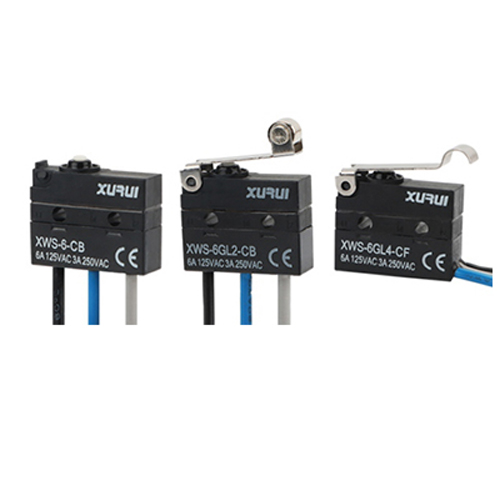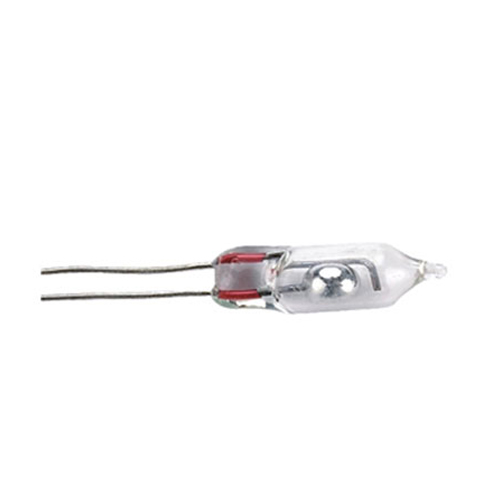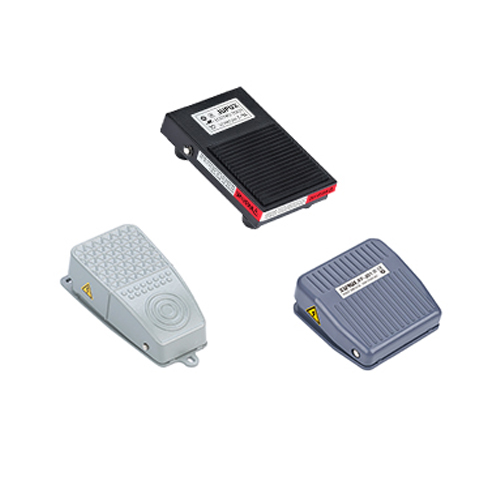In high - rise commercial buildings, the smooth operation of elevators is of utmost importance. A reliable elevator door switch is a cornerstone of this smooth operation, ensuring the safety and convenience of countless building occupants and visitors. Selecting the right one requires a comprehensive consideration of multiple factors.

1. Understand the High - Rise Environment and Usage Demands
High - rise commercial buildings have unique characteristics. They usually experience a large volume of daily elevator usage, with elevators running continuously throughout the day. The elevator doors need to open and close rapidly and smoothly to handle the high traffic flow. For example, in a large office tower with thousands of employees, the peak - hour traffic can be extremely heavy. The elevator door switch must be able to withstand this high - frequency operation without frequent malfunctions. Additionally, the switch should be able to adapt to the building's electrical environment, which may have complex power - supply systems and potential electromagnetic interferences.
2. Evaluate the Load - Bearing Capacity and Durability
The elevator door switch in a high - rise commercial building needs to handle a significant mechanical load. The doors are often large and heavy, especially in high - speed elevators. Thus, the switch should have a high - load - bearing capacity. Look for switches made of high - quality materials. For electromechanical switches, components like levers and contacts should be made of strong metals such as stainless steel or high - strength alloys. These materials can withstand the repeated stress of door opening and closing over an extended period. Electronic switches, on the other hand, should have durable sensors and high - performance microcontrollers that can endure continuous operation without overheating or degradation.
3. Consider the Type of Switch Technology
3.1 Electromechanical vs. Electronic Switches
Electromechanical Switches: These have been used for a long time and are known for their simplicity and reliability in some cases. They are a good choice if the building has a more traditional elevator system and the maintenance team is more familiar with mechanical components. However, they may require more frequent maintenance due to the wear and tear of mechanical parts. For example, the contacts in electromechanical switches may oxidize or wear out over time, affecting the switch's performance.
Electronic Switches: In high - rise commercial buildings, electronic switches are becoming increasingly popular. They offer advanced features such as precise control, quick response times, and better adaptability to complex safety requirements. For instance, they can integrate with modern building management systems for remote monitoring and diagnostic purposes. But they are more sensitive to electrical surges and electromagnetic interference, so proper protection measures need to be in place.
3.2 Smart and Automated Switch Features
Smart elevator door switches are emerging as a top choice for high - rise commercial buildings. These switches can be connected to the Internet of Things (IoT) and can communicate with other building systems. They can analyze data on door usage patterns, detect potential malfunctions in advance, and even adjust the door - opening and - closing speed based on the traffic flow. For example, during peak hours, the switch can be programmed to open and close the doors more quickly to improve efficiency.
4. Safety Features
Safety is non - negotiable when choosing an elevator door switch for high - rise commercial buildings. The switch should be equipped with multiple safety mechanisms. Door - edge sensors are essential. Pressure - sensitive strips that can detect even the slightest obstruction during the door - closing process are a must - have. Infrared sensors can also be used to create a virtual safety zone around the door. Interlock switches are equally important. They ensure that the elevator car cannot move unless the doors are fully closed and locked, preventing accidents such as people being trapped between floors.
5. Brand Reputation and After - sales Service
Opt for well - known brands with a good reputation in the elevator industry. Brands that have been in the market for a long time and have a track record of providing reliable products are more likely to offer high - quality elevator door switches. Additionally, excellent after - sales service is crucial. In case of any malfunction, the manufacturer should be able to provide prompt technical support, spare parts, and maintenance services. A responsive after - sales team can minimize the downtime of the elevator, reducing the inconvenience to building occupants.
In conclusion, selecting the most reliable elevator door switch for high - rise commercial buildings is a multi - faceted process. By carefully considering the building's environment, load - bearing requirements, switch technology, safety features, and brand - related factors, building owners and facility managers can make an informed decision that ensures the long - term, trouble - free operation of the elevator system.











